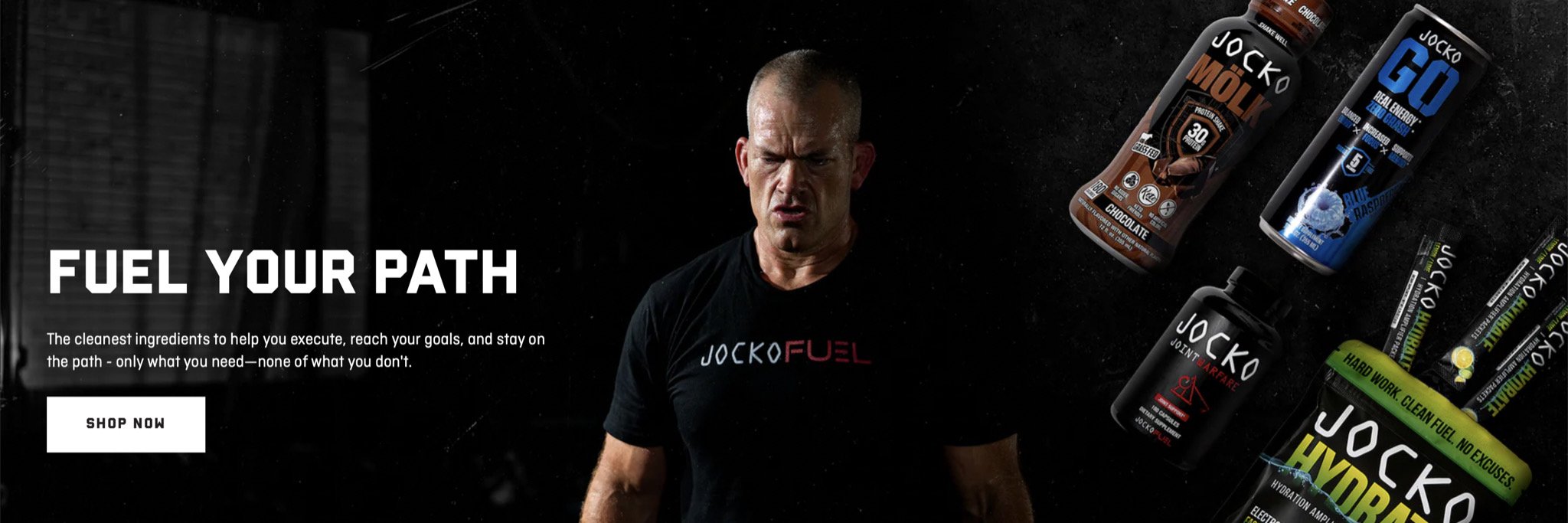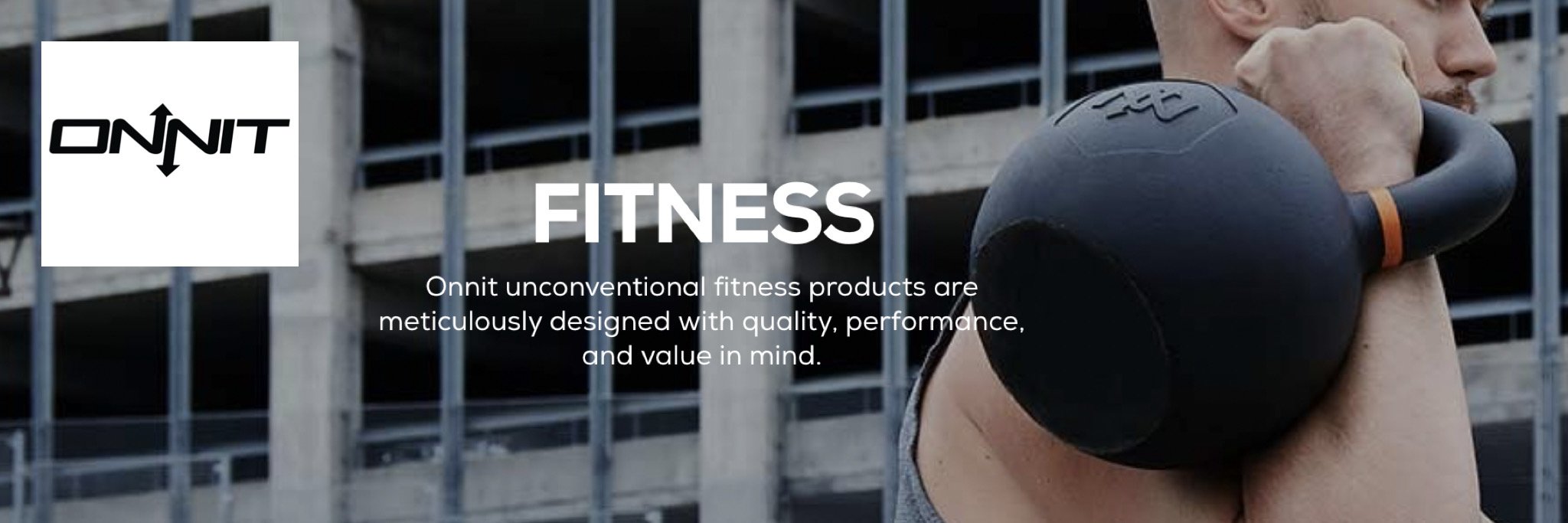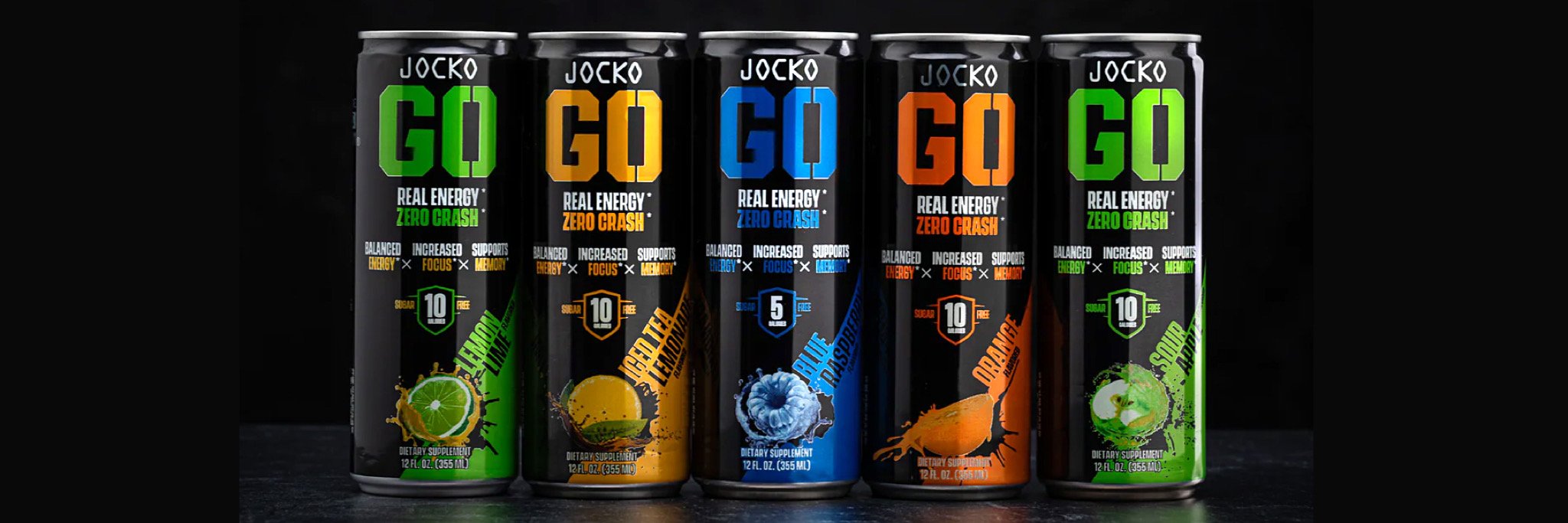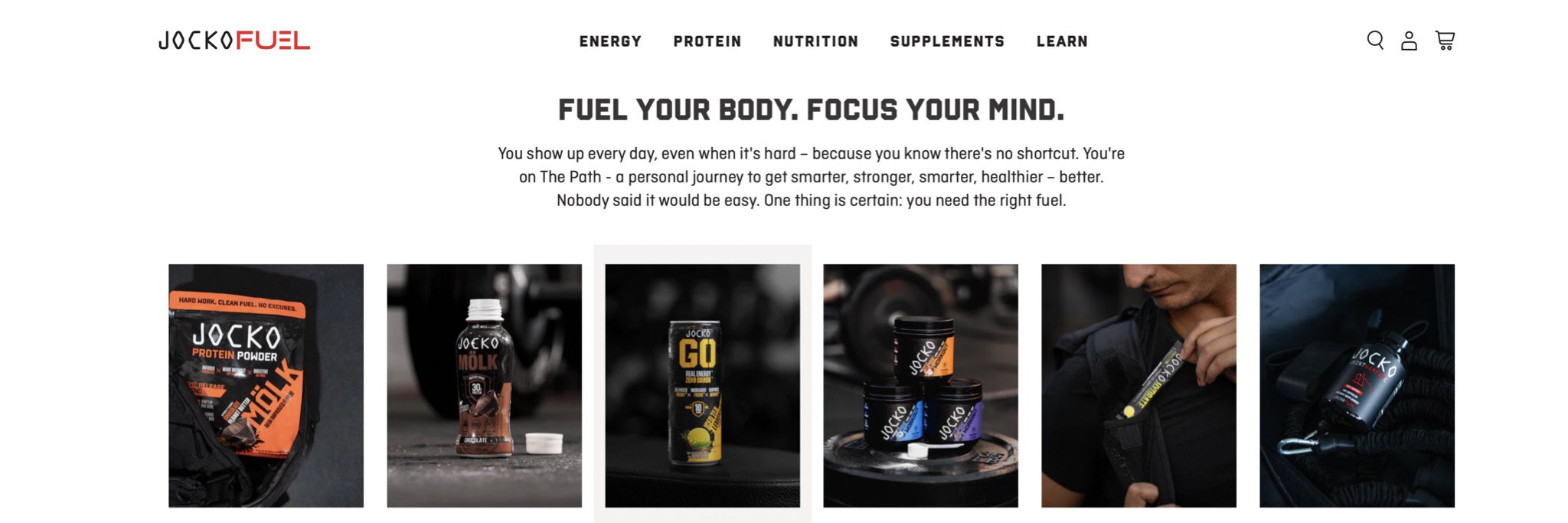#175 Mark DeJong - Off Grid Medic
Watch the episode here
Listen to the podcast here
Mark DeJong - Off Grid Medic
DeJong retired Nationally-Registered Paramedic and founder of Off Grid Medic LLC, has over 30 years of experience in treating victims of trauma and sudden illness. Based out of South Carolina, Mark has a degree in Emergency Medical Services and holds an Advanced Wilderness EMT certification. As part of a military assignment, he spent two years providing remote medical care to the indigenous people of the Philippines, where his passions for medicine and primitive living fused together. He serves on the Advisory Council at the Appalachian Center for Wilderness Medicine, and has trained alongside elite members of the US Army and the US Marshals Service. Mark has served in several roles including field Paramedic, Field Training Officer, Director of Emergency Medical Services for a rural government EMS system, faculty at the Technical College System of Georgia, and Deputy Director of Emergency Management for a government agency. He considers himself a lifelong learner and, when not immersed in medical material, Mark continues to hone his outdoor skills. He is a proud graduate of the Pathfinder Advanced program and an original member of the Flint and Steel Primitive Skills Group. Mark has appeared on The Weather Channel, where he was featured on the series Uncharted Adventure. His teaching style is very interactive and informal, and he frequently uses personal experiences and humor to reinforce his material. Tune in as Mark DeJong Groff joins Bobby Marshall in the studio to discuss Off Gid Medic, saving lives, wildernesses first aid, wildernesses first responders, medics, flight paramedics, awareness, safety, how to identify common medical problems, and so much more. Please subscribe or like us on social media platforms for updates on shows, events, and episode drops.
Sponsor Links:
Mountain Side listeners receive 10% off all Jocko Fuel products! Use Code TMS10 to save.
Mountain Side listeners use Discount code TMS to receive 10% off ONNIT products!
Mountain Side listeners use Discount code MOUNTAINSIDE to receive 20% off all orders on all Bulletproof products!
-
Welcome to another insightful episode of the Mountain Side Podcast. In this installment, we had the honor of hosting Mark DeJong, an off-grid medic with over 30 years of experience in emergency medical services (EMS) and wilderness survival. This blog post captures the essence of our conversation, highlighting crucial wilderness medical skills and preparations that can make all the difference in life-and-death situations. Whether you're an avid hiker, backcountry hunter, or simply someone who enjoys the great outdoors, this post is packed with invaluable information you won't want to miss.
Introduction to Off-Grid Medic Mark DeJong
Mark Dijon joins us on the Mountain Side Podcast to share his extensive knowledge in EMS and backcountry medical education. Based out of South Carolina, Mark's expertise spans over three decades, making him a wealth of knowledge when it comes to saving lives in the wilderness. Our conversation touches on various subjects, from preparedness and fitness to detailed medical procedures and essential gear.
The Foundation of Wilderness Survival: Preparedness and Fitness Mark emphasizes that the key to surviving in the backcountry starts long before any medical emergency occurs. Being physically fit for the activities you plan to undertake is paramount. Checking weather forecasts and having the appropriate gear can prevent common fatalities due to sudden weather changes. Mark notes that June is one of the deadliest months in Colorado because people often underestimate how quickly conditions can become life-threatening. In a harrowing example, Mark recounts a student who ignored basic survival principles, leading to severe dehydration and near-critical conditions. Always remember, it's not just about slamming water; maintaining electrolyte balance is crucial.
Essential Medical Gear for the Backcountry Mark advocates for the following five critical items that could save your life in the wilderness:
1. CPR Training: Knowing how to perform CPR can significantly increase survival chances during cardiac arrest.
2. Stop the Bleed Training: Understanding how to control severe bleeding using tourniquets and dressings is vital.
3. Preparedness Kit: Include medical essentials, be familiar with their use, and regularly check their condition. 4.
Hydration and Nutrition Management: Always carry hydration salts and know how to maintain your body's electrolyte balance. 5.
Weather Preparedness: Have the right gear to withstand sudden weather changes.
Advanced Wilderness Medical Skills Beyond these essential items, Mark delves into more advanced medical procedures like patient assessment systems and treating conditions like exertional hyponatremia. For instance, knowing how to evaluate a situation using the ABCDE method (Airway, Breathing, Circulation, Disability/Deformity, and Environment) can save precious time and improve outcomes in an emergency.
The Importance of Repetition and Hands-On Training
Mark discusses the necessity of converting knowledge into skills through repeated hands-on training. He shares insightful scenarios where students are put through night exercises to simulate real-life stress conditions, such as tunnel vision caused by a headlamp during night rescues, which can significantly affect one's performance.
Packing Smart: The Essential First Aid Kit One of the significant takeaways from our discussion is the importance of an adequately packed first aid kit. Mark goes through the contents of a standard kit, offering valuable suggestions:
Commercial Tourniquet: Keep it accessible and out of its packaging. -
Israeli Bandage and Compressed Gauze: Essential for managing severe bleeding.
Gloves (Preferably not Black): Use gloves that allow you to see blood, like blue or white gloves. -
Chest Seals: Ensure they are within their expiration date and know how to use them.
Emergency Blanket and Chemlight: Vital for managing hypothermia and signaling during rescues. ####
Understanding Airway Management Mark highlights the crucial difference between nasal pharyngeal airways (NPA) and oral pharyngeal airways (OPA), recommending OPAs for their reliability and ease of use. Adding an OPA to your medical kit can significantly enhance your preparedness.
Emergency Communication and Landing Zones In scenarios requiring helicopter rescues, Mark provides invaluable tips on communicating effectively and setting up landing zones. He suggests always being aware of your surroundings and using high-visibility gear to mark your location.
Conclusion The conversation with Mark DeJong from Off-Grid Medic is a treasure trove of life-saving information. Whether you are a seasoned backcountry explorer or a novice hiker, understanding the principles of wilderness medical training and being prepared can be the difference between life and death. For more in-depth training and resources, follow Off-Grid Medic on Instagram and Facebook, and stay tuned for their upcoming YouTube channel packed with instructional videos but more importantly, seek good hands-on training! Stay safe out there, and remember, preparation is key. Your life and the lives of those around you may depend on it.






